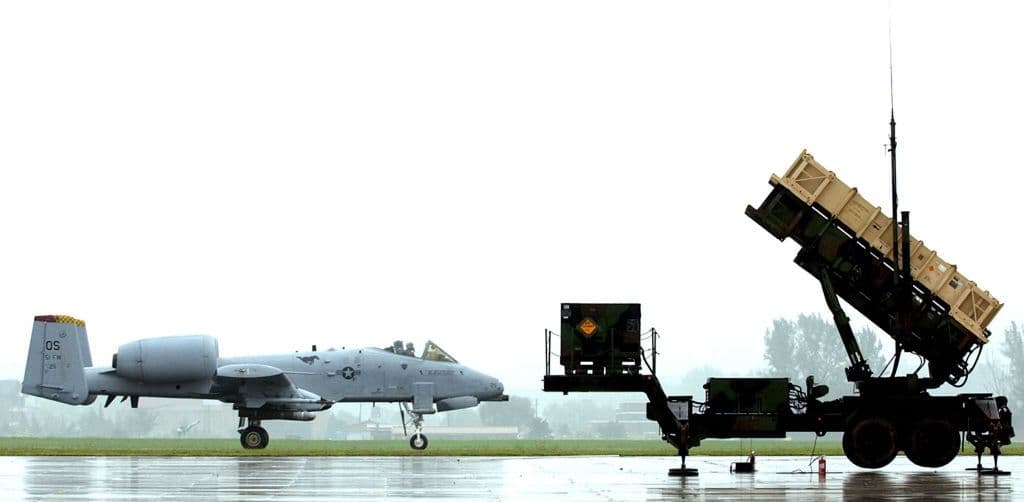Germany may send Ukraine older PAC-2 missiles for Patriot air defenses, WP reports

Germany is planning to send Ukraine older PAC-2 Patriot missiles to replenish its dwindling stockpiles of air defense ammunition, the Washington Post (WP) reported on May 26, citing a European diplomat.
The U.S.-made Patriot air defense system is widely recognized for its high-precision detection, tracking, and interception of aircraft, cruise, and ballistic missiles. Kyiv is running out of ammunition for its Patriots as Russia intensifies its drone and missile attacks.
In early May, the U.S. authorized Germany to transfer 100 Patriot air defense missiles to Ukraine. Speaking to the WP anonymously, a European diplomat in Kyiv said that Berlin plans to send older PAC-2 missiles, which are less effective at intercepting ballistic missiles than the newer PAC-3 Patriots.
A senior Ukrainian intelligence official, also speaking on the condition of anonymity, said that even PAC-3 missiles cannot intercept Russia's Oreshnik, the new intermediate-range ballistic missile (IRBM) Moscow used to attack the city of Dnipro in November.
The European diplomat added that the only other air defense weapon potentially capable of shooting down ballistics is the Aster, a French-Italian missile. This capability has not yet been proven, he said.
The more modern PAC-3 missiles are designed with "hit-to-kill" precision targeting technology, which the older PAC-2s lack. PAC-3s are also smaller, lighter, and more manueverable than PAC-2 missiles. A standard Patriot launcher can fit 16 PAC-3s at once, compared to only four PAC-2s.
The claim that Germany's latest air defense package may consist of less effective missiles comes after Ukraine endured three consecutive nights of large-scale Russian attacks. Moscow bombarded Kyiv and other cities with ballistic and cruise missiles while also launching a record number of drones at Ukraine.
After the first attack, Air Force spokesperson Yurii Ihnat said that Russia has upgraded its ballistic missiles with radar decoys and evasive maneuvers, making them potentially harder to intercept even by Patriot systems.
President Volodymyr Zelensky has offered to buy 10 Patriot batteries from Washington, but U.S. President Donald Trump dismissed the request. U.S. Secretary of State Marco Rubio said on May 20 that Washington is looking for other NATO nations to supply Ukraine with additional Patriots.












